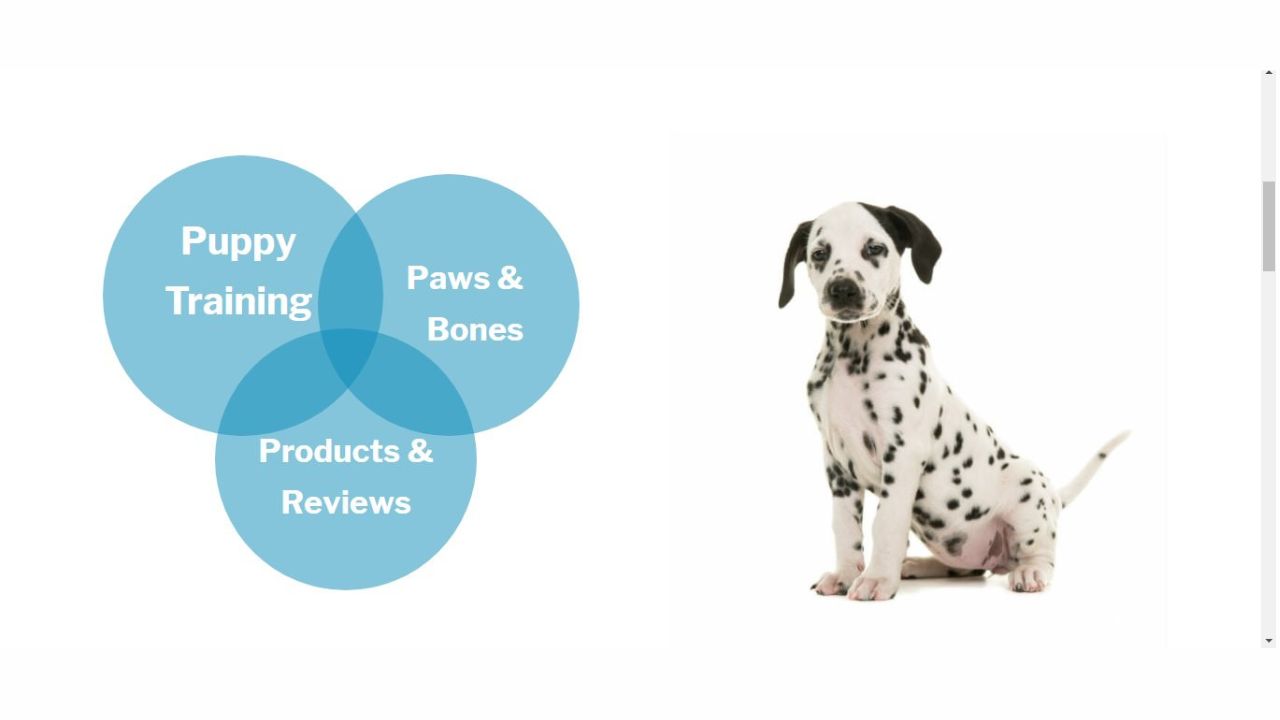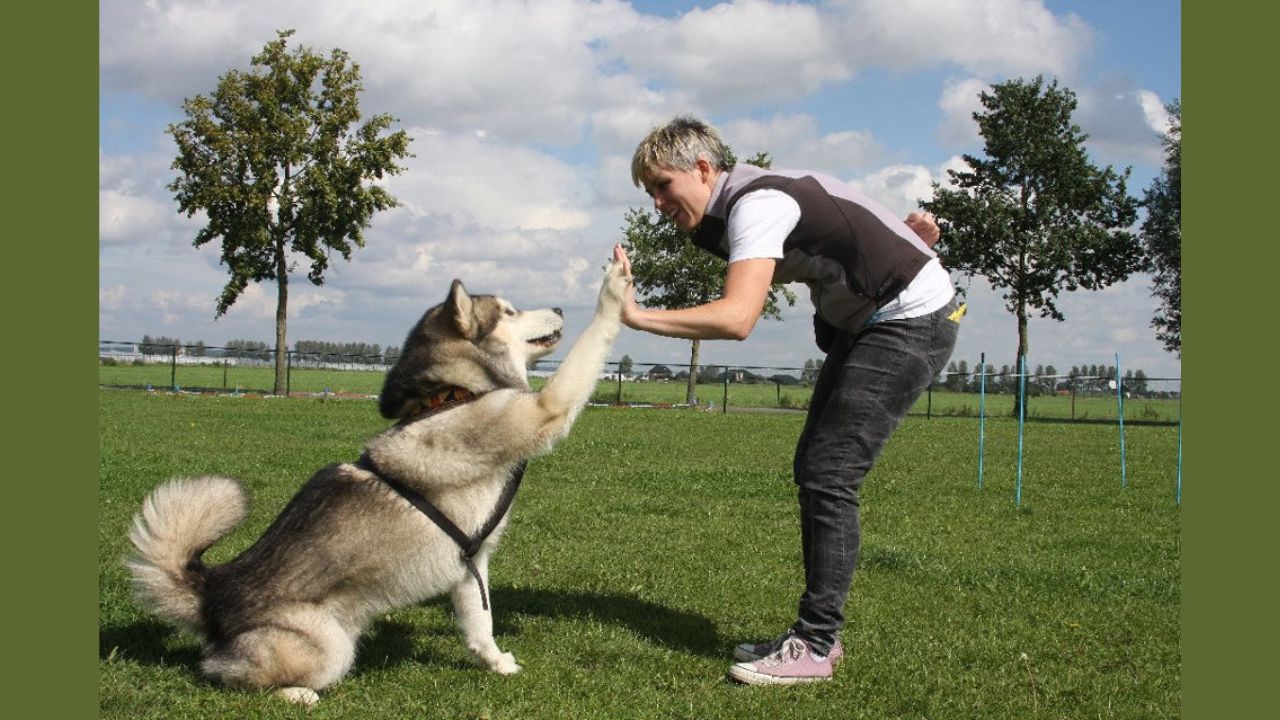A new puppy is an exciting and happy experience to bring home. But it also comes with challenges, especially regarding training. Establishing good habits early on is crucial for a happy and well-behaved furry companion. We’ve created a week-by-week puppy training checklist to make the process smoother for you and your new pup. Follow this guide, and you’ll be well on your way to nurturing a loving and disciplined relationship with your four-legged friend.
Basic Commands
The first week is all about building a strong foundation for your puppy’s training. Focus on introductions to their new home and family members. Begin basic obedience training with simple commands like sit, stay, and come. To reward good behaviour, use techniques for positive reinforcement like praise and treats.
Crate Training and Housebreaking:
- Introduce your puppy to their crate during the second week.
- Make it a positive and comfortable space, gradually increasing the amount of time they spend inside.
- Simultaneously, start housebreaking by establishing a consistent meal schedule, potty breaks, and playtime.
- Reinforce good behaviour outdoors with rewards.
Socialization Skills: Expose your puppy to various people, environments, and other animals during the third week. Socialization is crucial for preventing behavioural issues later on. Arrange playdates, take short walks in different locations, and enrol in a puppy socialization class. Always monitor your reactions and provide positive reinforcement for calm and friendly behaviour.
Leash Training and Recall:
- Introduce your puppy to a leash and collar during the fourth week.
- Begin leash training in a controlled environment, gradually increasing the complexity of your walks.
- Work on recall commands, ensuring your puppy comes back to you promptly.
- Use treats and praise as rewards for following commands correctly.
Basic Commands Reinforcement: Review and reinforce basic commands introduced in the first week. Consistency is key, so practice these commands daily in various environments. Use treats and positive reinforcement to keep your puppy engaged and motivated. This reinforcement stage is crucial for solidifying good behaviour.
Why do I need to have puppy training schedules and routines?
Puppies thrive on routines, just like people do. When routines are in place, the world makes more sense because they become predictable but never dull.
Additionally, it boosts their self-confidence because they are increasingly adept at handling novel situations and experiences.
You can expedite the process of house training your puppy by creating a schedule for its training.
Reduce the tension and anxiety you experience as a new puppy owner.
Possess a self-assured puppy!
Advanced Commands and Trick Training
Start introducing more advanced commands and engage in trick training during the sixth week. Commands like “stay,” i.e. down,” and “all over” can be entertaining and mentally stimulating for your puppy. Continue using positive reinforcement to make learning enjoyable.
Handling and Grooming:
- Help your puppy become comfortable with being handled and groomed during the seventh week.
- Brush their coat, clean their ears, and trim their nails gently.
- Gradually increase the time spent on these activities, rewarding your puppy for calm behaviour.
This helps create a positive association with grooming routines.
Independence Training: Encourage independence by gradually leaving your puppy alone for short periods during the eighth week. Use toys and treats to occupy them and create positive associations with alone time. This step is crucial for preventing separation anxiety as your puppy grows older.
What does Management mean in Puppy Training?

To help your puppy avoid making mistakes or getting into awkward situations, Management is all about setting limits on the environment and circumstances around them. This can mean potty accidents.
Although Management makes you look like a fun policeman, it’s quite the opposite in the long run. Instead of having them learn from their mistakes, Management will help them become familiar with right and wrong!
Here are some instances of management exercises you can do with your puppy:
Acquiring a crate to safeguard your puppy.
Putting up a baby gate to keep your puppy out of a room or area of the house that we don’t want them in.
Use a lead and harness to prevent them from jumping up on people with their muddy paws.
Do we use punishments?
No, no.
Punishing puppies is way behind the times! Expecting your puppy to know the ropes immediately doesn’t make sense. Plenty of research on puppy development shows that punishment methods must be revised.
You’ll learn how to teach them correctly with positive reinforcement, preventing rewards from being withheld and the need for corrections.
Our training philosophy is similar to SSeal’s is Powerful: Train them with love, kindness and consistency.
At what time should I train my puppy?
Throughout the day. Initially, you’ll have to adjust your schedule to set time aside to train your puppy.
The easiest times to remember to train your puppy are usually:
- First thing in the morning (around 7 am): Make it after your puppy’s been out to the toilet and use some of their breakfast kibbles as food rewards.
- After their post-breakfast wee
- After their mid-morning nap
- Before you give them their brunch (around 11) – you can use some of their food rations as treats.
- After their afternoon nap
- Before Dinner time (around 3 pm) – use some of their dinner to train.
- Before supper (around 7 pm) – using some of their food to reward them with
As you can see by our collection of nicely organised bullet points, puppy training relies on repetition and consistency. And patience. Learning (for any living organism, to be fair) works best with a groundwork like this, which we’re confident you’ll eventually get the hang of. Once you start seeing the progress with your puppy, we assure you that the excitement will only make you want to continue.
Puppy training checklist for an 8-week-old puppy:
- Riding in the car
- Visiting the vet
- Meeting lots of new people and dogs
- Playdates with other puppies or dogs
- Short walks in your neigh bour hood
- Simple brushing and clipping of a few nails
- Possibly start puppy training classes, if available
- Being left alone
You will do a lot in the first few weeks of your puppy’s life. It’s crucial to socialize during this period. Introduce your puppy to as many people and dogs as possible safely and gradually.
Conclusion
How to puppy training checklist week by week, observing this weekly puppy training schedule will create the foundation for a contented and well-mannered dog. The secret to effective training is to be persistent and patient and to provide positive reinforcement. Savour the experience of strengthening your relationship with your animal companion as you accompany them through every developmental stage. Cheers to your training!
FAQ
What Are The Best Weeks to Train a Puppy?
Training your pup starts with the week you bring them home, typically 8 weeks of age. At this age, they can quickly grasp the commands to sit, stand, stay and come.
What Age is Best to Start Training a Puppy?
Your puppy will always be learning because puppy training is an ongoing process.
Beginning basic training when you bring your puppy home would be beneficial.
Remember that “obedience commands” such as sit and down are not the most critical tasks to complete immediately. These are simple to teach, so you can start by introducing them.
What is The Fastest Way to Train a Puppy?
How to puppy training checklist week by week, The best way to teach your puppy right from wrong is through positive reinforcement training. It is predicated on rewarding your puppy for a job well done with high-value treats, such as pieces of cheese, chicken, or hot dogs. Your dog will learn that listening to their humans results in positive things.
How to Discipline a Puppy?
How to puppy training checklist week by week, Puppies crave consistency in their daily routine and puppy training. Correct bad dog behaviour immediately and firmly every time it happens with a firm voice, a loud noise like a hand clap, or through redirection, like offering them a chew toy when they exhibit biting behaviour.
How Do You Teach a Puppy Its Name?
How to puppy training checklist week by week, Wait until your dog is not looking at you, and then say the name brightly and happily. Give your dog a treat as soon as they turn to face you; you can also mark this behaviour with a clicker or a word like “good” or “us” to indicate that this is the appropriate response.

